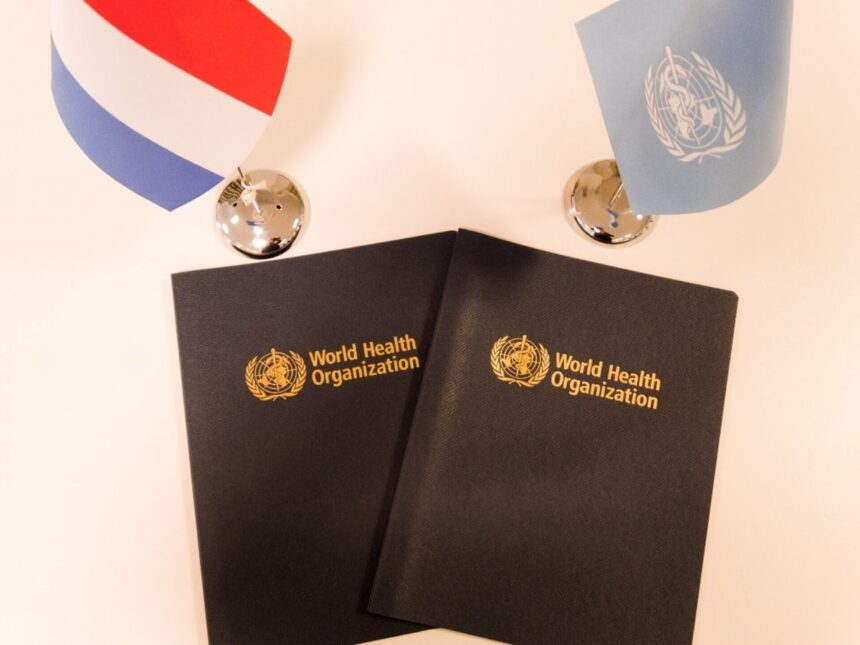Strengthening Global Health: WHO and the Netherlands Renew Their Commitment to Climate Action
The World Health Organization (WHO) has reaffirmed its strategic alliance with the Kingdom of the Netherlands to tackle the escalating effects of climate change on public health.
In a significant move, the Netherlands has allocated €500,000 for 2024 to support WHO’s initiatives aimed at enhancing climate resilience and promoting sustainable healthcare systems across the globe. This funding will bolster WHO’s efforts in fortifying the Alliance for Transformative Action on Climate and Health Secretariat while advancing global programs that address both climate change and health.
A Collaborative Approach to Climate Resilience
This financial contribution builds upon a partnership initiated in 2023 between WHO and the Netherlands focused on integrating climate considerations into health strategies. Together, they have made strides in assisting countries across Africa, Asia, and the Eastern Mediterranean by implementing comprehensive climate-health surveillance systems. These efforts include improving capacities to meet commitments established during COP26 regarding health impacts from climate change while also harmonizing early warning mechanisms for health-related risks associated with climatic shifts.
The collaboration is crucial as it aids Member States in developing resilient healthcare infrastructures that are low-carbon. Engaging various stakeholders—including civil society organizations, Multilateral Development Banks, UN Agencies, and healthcare professionals—is essential for coordinated action against climate challenges affecting public health.
Pioneering Initiatives Aligned with Global Strategies
The Netherlands has emerged as a leader in advocating for proactive measures linking climate action with public health outcomes. This aligns seamlessly with their Dutch Global Health Strategy 2023-2030 which highlights this critical intersection. Furthermore, alongside Peru, they spearheaded the adoption of a pivotal resolution during World Health Assembly 77 in 2024 aimed at updating previous commitments from 2008 concerning climate change’s impact on health.
This new resolution underscores an urgent call for a comprehensive global action plan from WHO along with enhanced national initiatives that integrate considerations of both climate change and public health into WHO’s forthcoming Fourteenth General Programme of Work (GPW).
Significant Financial Support Amidst Growing Challenges
The renewal of this partnership elevates total contributions from the Netherlands towards WHO’s activities related to climate change and public health to over €1.1 million since 2023—an essential boost as nations confront mounting challenges posed by climatic changes impacting human well-being. As discussions intensify around these issues at COP29 scheduled in Azerbaijan for 2024, addressing these concerns remains paramount within global dialogues.
According to recent estimates provided by WHO’s latest investment case report, collaborative efforts could potentially save approximately 7.5 million lives over four years through targeted actions against adverse effects stemming from environmental changes.
A Future-Focused Partnership
The ongoing collaboration between The Netherlands and WHO aims not only at keeping healthcare central within international negotiations but also emphasizes building resilience particularly among vulnerable populations while empowering nations towards adopting sustainable low-carbon healthcare solutions.

A team trained by WHO assesses damage caused by flash floods in Kenya’s Mai Mahiu region on April 29th following severe rainfall between March-May 2024 resulting in widespread destruction including loss of life and infrastructure damage along with disease outbreaks.
Photo: WHO/Genna Print






